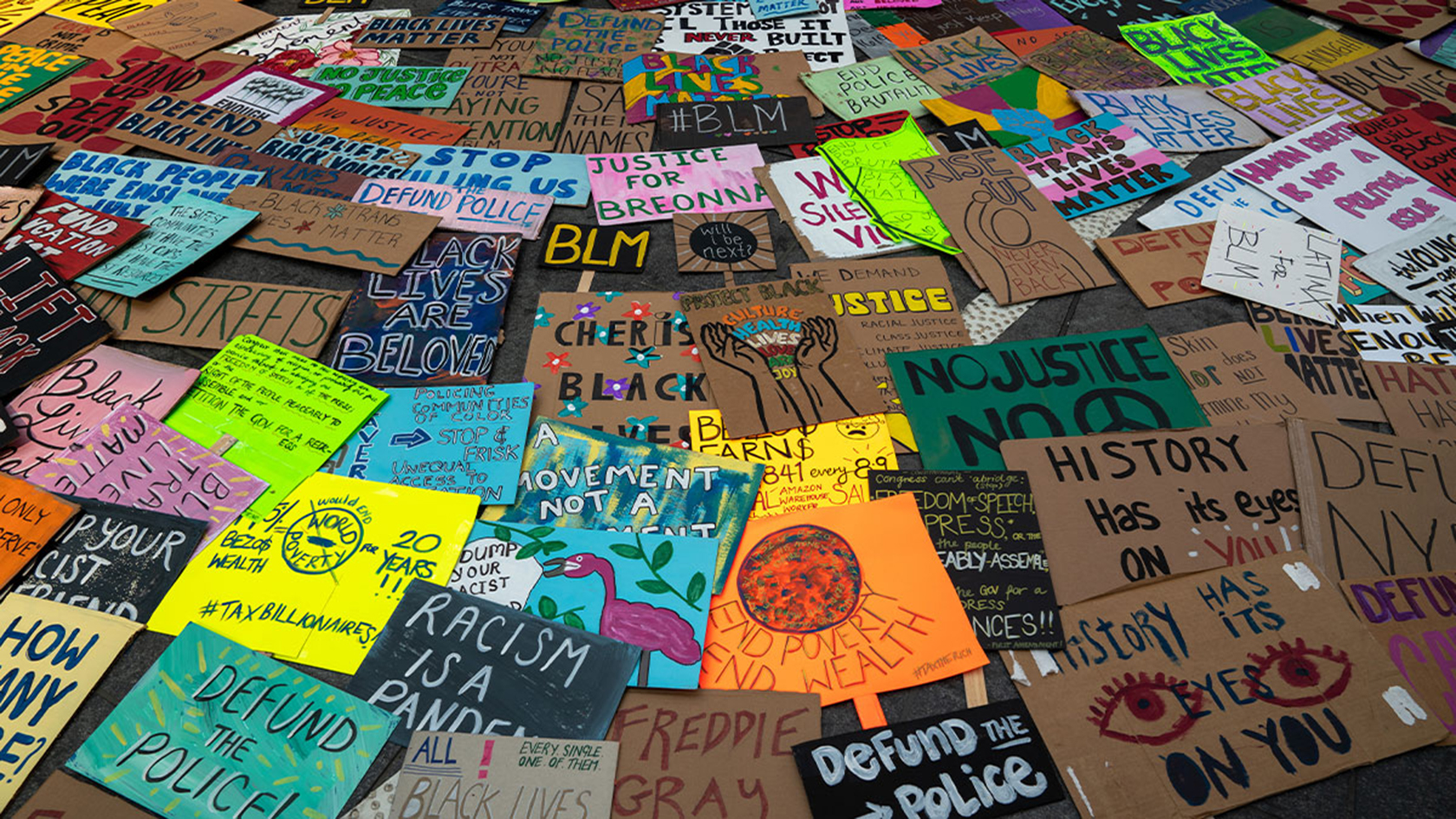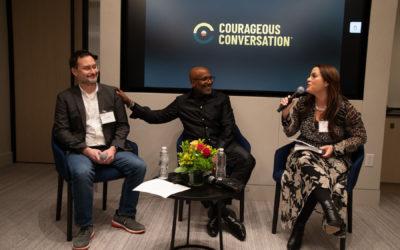By Laura Morgan Roberts and Megan Grayson—June 1, 2021
The past year has been filled with company-wide meetings and communications about race, public commitments to racial justice, and aspirational goals for equality. But communications and statements aren’t enough: Companies need to hold themselves accountable for action so they don’t simply maintain historical structures and cultures of racism. Indeed, some of the statements from last summer have already been met with skepticism from employees who claim that company proclamations of racial justice are hypocritical given the way they’re actually treated in the workplace.
As we approach the anniversary of many companies’ original declarations, senior leaders will be obligated to speak to what exactly has changed over the last year. For those who fall short — and for those who realize that despite important gains there is much more work to do — here is a brief guide to building real accountability into a company’s diversity program.
The first step is to understand why accountability slips through the cracks. We see five primary reasons:
- People don’t believe there’s a problem. In the workplace specifically, SHRM surveys show that 35% of Black employees feel racial discrimination exists at work, compared to 7% of white employees. This hinders accountability, because those who believe things are already equal can say they believe in equity but will not make any changes to establish it.
- They don’t believe the problem is business’s to solve. Not everyone buys into diversity as a business case, and in considering diversity and profit separately, leaders may avoid accountability by speaking to financials alone. Board members of profitable firms may be reticent to penalize senior executives who underperform on diversity targets if they deliver on financial results.
- They want to avoid conflict. A recent SHRM report shows that 45% of Black workers and 30% of white workers feel their workplace avoids discussions about race. This can be due to feelings of discomfort, cultural norms, or fear that such discussions will stoke divisiveness and exacerbate intergroup conflict. The former White House administration issued an executive order (since revoked by the Biden administration) that prohibited discussions of structural racism in federally sponsored or subsidized training programs, calling them “divisive.”
- The dominant group feels threatened. Diversity initiatives can be seen as a threat when they appear to question the norms, social identity, position, or value of the dominant group. When leaders publicly cast the initiative as this kind of challenge to the group’s culture, they often escape taking any kind of action. Relatedly, leaders themselves may also fear the implications of admitting wrongdoing on diversity matters.
- Favoritism is hard to prove. Favoritism within the dominant group is a prevalent if subtle form of workplace discrimination. Members of the dominant group are more likely to accrue higher performance ratings, visibility, opportunities for advancement, and mentorship. However, in-group biases can be difficult to pinpoint outside of controlled experiments. This makes it harder to document the subsequent disadvantages for marginalized candidates, and thus hold leaders accountable for enabling favoritism.
These hurdles can be overcome with accountability programs that include the following elements. These recommendations are critical in ensuring that leaders are true to their word in leading change, not simply engaging in performative allyship. While any one can be impactful, the most robust efforts involve all five elements.
Read more on Harvard Business Review.




